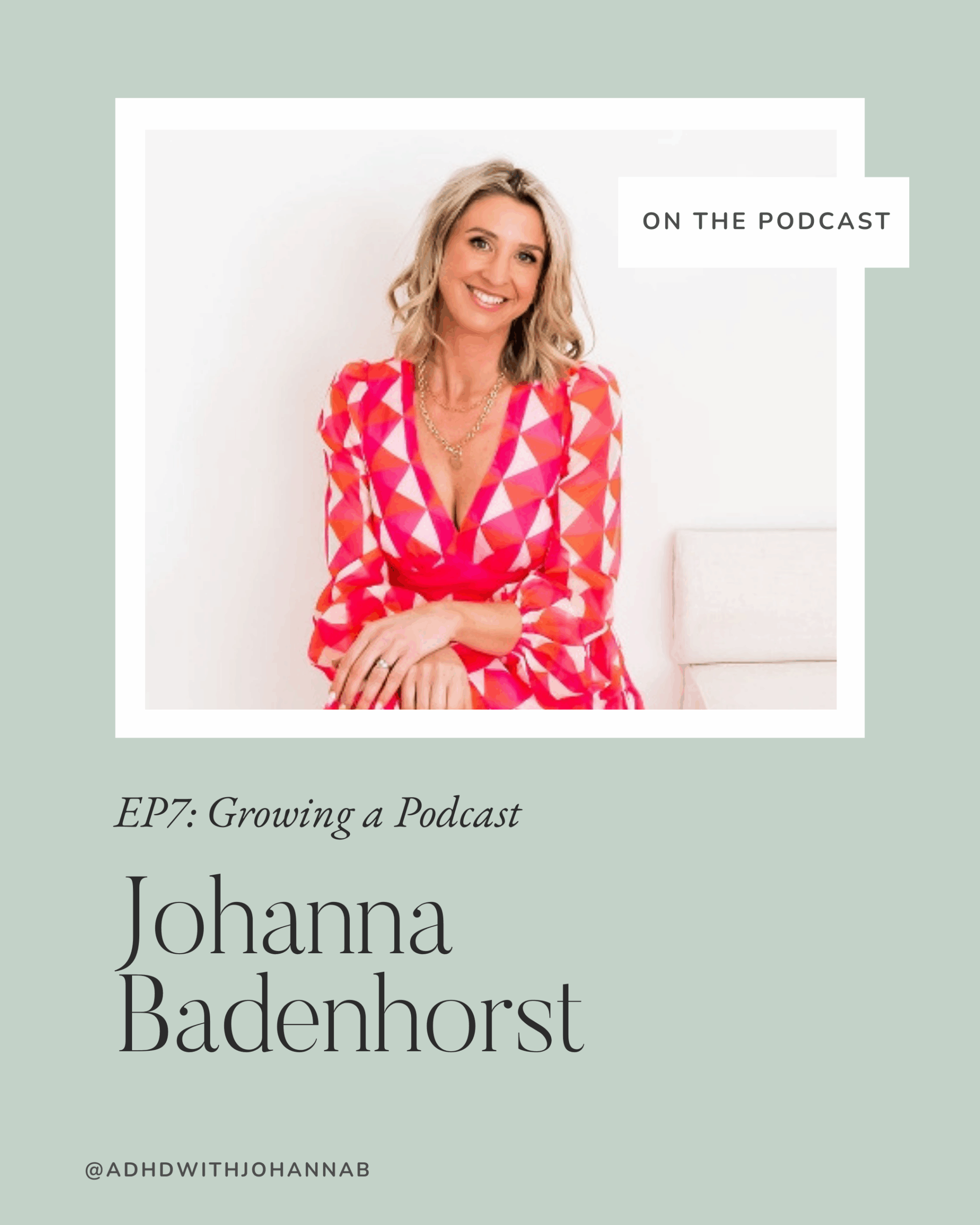First up, if you’d rather listen to this one? Episode 4 of my new podcast is less than 10 minutes.
I was never allowed to watch the Simpsons as a kid. When I was 10 or so we got a new fridge (a Simpson) I drew a picture of the Simpsons family as fridges (hilarious) and proudly taped it up on the fridge. Mum took it down. Doh.
Something I’ve been thinking about and writing about this week is just noticing – what am I teaching my kids about the way I speak about work?
This is a little sneaky peak from one of the chapters in my upcoming book about motherhood, mental health and social media.
When I was still using social media for work and regularly checking messages, writing captions and responding to comments I’d tell my children (and myself) that I was “working”.
It was easier than explaining what I was actually doing, but it didn’t pass what I think of as the ‘gut’ test.
There’s various versions of this test you can draw on from Buddhism to Rotary Club, to Cognitive Behaviour Therapy and even the work of Byron Katie.
Radio host Bernard Meltzer ran an advice call-in show from the 1960s through to the 1990s and is often quoted with the following:
In Byron Katie’s work (which has similarities to what we teach in Cognitive Behavourial Therapy but is sometimes a little more accessible because she’s not a pale, dead male), she encourages that you ask yourself these four questions:
- Question 1: Is it true?
- Question 2: Can you absolutely know it’s true?
- Question 3: How do you react—what happens—when you believe that thought?
- Question 4: Who would you be without the thought?
It was not always true that I was “working” when I was on social media.
Yes, it was often kind to others for me to show up and be helpful, but it was not always kind to myself or my children to give others so much of my attention. Particularly not when I consider how few times I could honestly say that my cup – with my precious energy was so overflowing that I had excess to give. It was not necessary to give and give as much as I did in that space. I’ve defaulted to stretching the resources in my cup for years.
When we repeatedly tell ourselves (and others) messages that don’t really fit with our values and sense of who we really are, it causes discomfort. A deep cognitive dissonance that we are, in fact, not living our best life despite how many inspirational quotes there are on Instagram reminding us that we should be.
The amount of times I told myself “I have to do this for work”…I’ve lost count, really. Rather than getting into self-blame, I remind myself of a humorous grounding image. In an episode of The Simpsons, Bart catches Homer in the bathroom with a face drawn on his stomach. He feeds his belly a slice of pizza, and upon seeing Bart out the corner of his eye, he says “I have to do this for work” and shuts the door.
I’ll leave Homer’s body image stuff for another time.
I realized how often over the pandemic my kids probably built up a schema (a set of beliefs) around the idea that work is stressful, rushed and takes time away from play. I know that I’m not alone in this. I also want to be careful about selling the white Western privilege view that all you have to do is change your mindset and not acknowledge that work is survival for many. However, I wonder if it would change things at all to describe what ‘work’ is.
For example, I started to tell me children that “I want to spend some time helping people with their feelings” or “I want to do some writing” instead of “I have to work.”
For our family, I feel like that simple language shift helped. For me it was like a self-check in about what I was actually doing – sometimes an email is just an email and it needs to be answered.
Other times, I could catch myself before I fell into a default behaviour – do I really want to spend work time trying to fit what I want to say into X amount of characters, writing with one hand on my phone? Or do I want to sit at my laptop, blast ad-free music and not have to count words or search for prohibited hashtags?
Putting it into practice
Ask yourself what would a day look like if you switched the word “working” for other verbs? It can be a practice of returning to and reflecting on your values.
I’m not suggesting you need to go all Tony Soprano and tell your kids you work in ‘waste management’ if you’re actually a gangster, but it can be helpful as an accountability exercise. Are you really ‘researching’ or scrolling, comparing, avoiding, distracting or numbing?
Let’s also not forget that motherhood counts as work. You don’t need to come up with reasons to legitimize what counts as “work” for people who are never going to get it.
Erin






